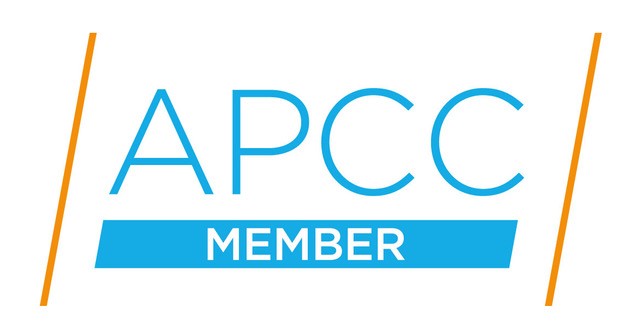The FCA has published a portfolio letter setting out a new strategy for supervising wholesale brokers. The letter notes that periods of sustained volatility since 2019 have heightened financial, credit, liquidity and operational risks. The FCA observed that some firms’ liquidity risk management and stress testing was not fit for the current market environment.
The FCA believes that wholesale broking firms generally continue to be behind others in stopping poor conduct and improving culture. The letter cites several examples to support this view, including: (i) failure to turn away new or existing clients regardless of the money laundering risk they pose; (ii) willingness to hire individuals who had not demonstrated good standards of conduct at their previous firm; and (iii) control functions that are not properly resourced or empowered to effectively challenge the business.
Key areas of focus for wholesale broking firms
Financial resilience
The FCA expects firms to have adequate capital and liquidity and is particularly concerned by weaknesses in clearing brokers’ liquidity risk management. Firms continue to underestimate their exposure to intraday liquidity risks. Firms should review the level of liquidity that they hold under the new Investment Firm Prudential Regime (IFPR) and ensure their assessment is commensurate to the risks they face. Firms should look beyond recent historical precedent when modelling stresses given that the past 12 months have produced events previously considered implausible. Where the FCA identifies material weaknesses, it will take action, which may include business restrictions and Board effectiveness reviews.
Remuneration structures
The FCA continues to see brokers receiving lower salaries with large cash bonuses based on client trading. This can incentivise brokers to chase short-term financial targets at the expense of client interests. The FCA expects wholesale broker Boards and CEOs to ensure that their remuneration structures comply with the MIFIDPRU Remuneration Code (SYSC19G). Where firms have failed to evidence that they have taken appropriate steps to implement applicable IFPR remuneration requirements, the FCA will consider use of regulatory tools, including imposing additional capital requirements.
Governance and culture
The letter highlights the benefit of Boards having a suitable mix of skills and experience to provide effective challenge. Firms should continue to embrace the Senior Managers sand Certification Regime (SMCR) to promote good decision making and individual accountability. There will be little sympathy for firms that suffer the consequences of market integrity offences through hiring individuals who have been disciplined elsewhere, and not accepting the cost of additional control or oversight. Boards should ensure they understand and are comfortable with the risk appetite that executives have been working to when hiring. Boards should also pay particular attention to the issues around financial resilience and remuneration structures covered above.
Control functions
Firms are expected to have adequately resourced risk management and control functions, with influence at board level. The FCA cites business model risk assessments, policies and procedures, and a culture where adherence to rules is actively encouraged as pivotal to achieving effective compliance. The FCA has often observed weak systems and controls for financial crime and market abuse mitigation, citing widespread deficiencies in wholesale brokers’ client onboarding processes. Wholesale brokers can expect further work from the FCA on these topics in 2023. The regulator continues to have concerns around surveillance controls. Firms should consider previously highlighted concerns on Personal Account Dealing (PAD) in Market Watch 62 and market abuse surveillance in Market Watch 69.
What should firms do now?
The FCA expects all CEOs to have discussed this letter with their fellow directors and/or Board and to have agreed actions and/or next steps by the end of February 2023.
How can C & G help?
We specialise in providing regulatory advice to financial services firms. Our consultants have a wealth of experience in the wholesale brokerage sector and are well placed to appraise firms’ existing infrastructure against the observations in this letter. Contact enquiries@cgregulatorysolutions.com if you need assistance with the topics discussed in this article.

